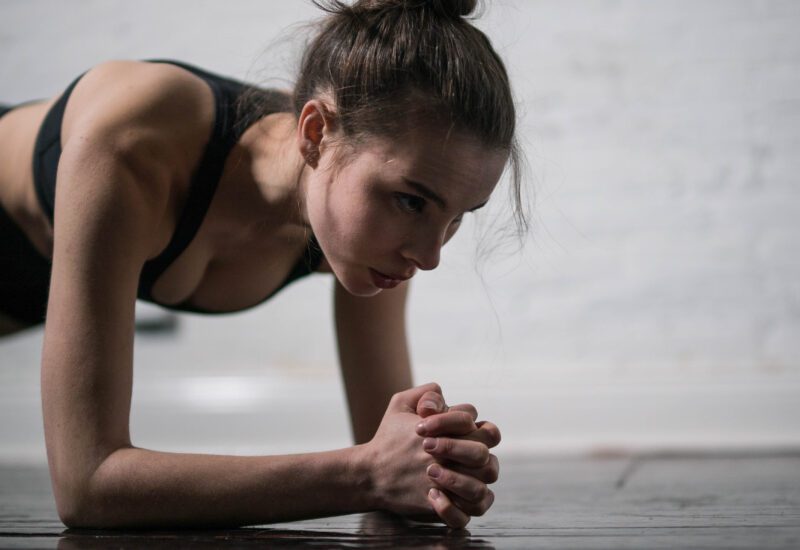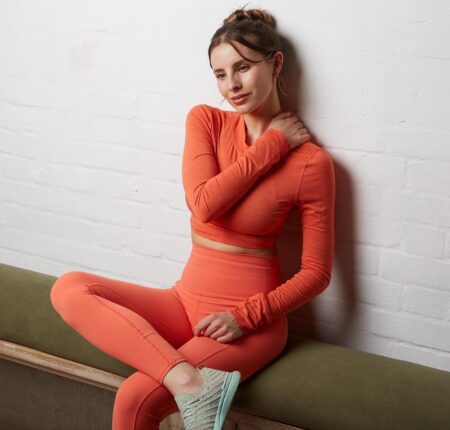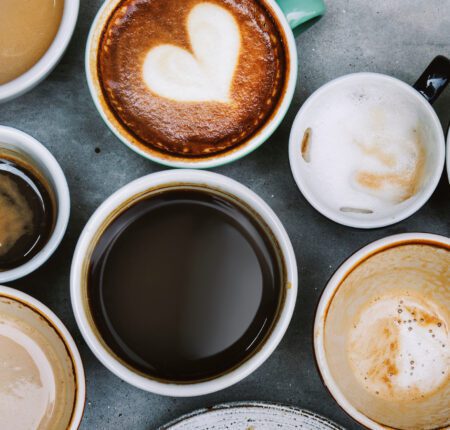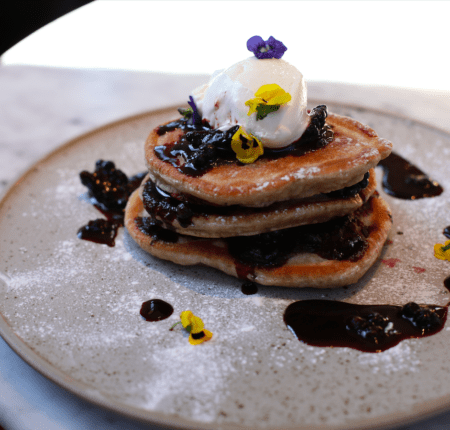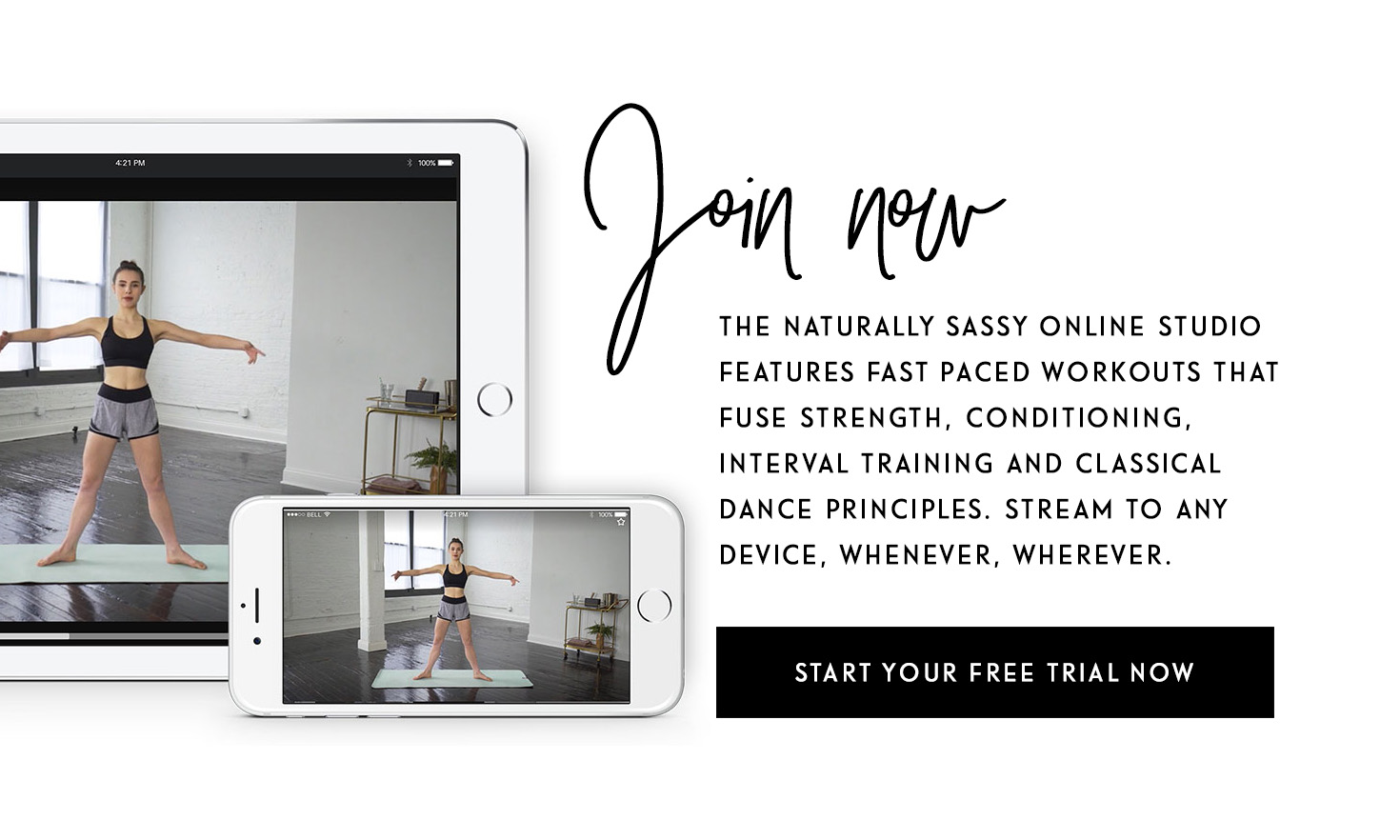What are the short-term effects of exercise?
Whenever anyone signs up to my Ballet Blast workout program, they usually have a long-term goal in mind. Some people want to feel confident in a bikini, while others hope to boost their energy levels or simply improve their strength and flexibility. I strongly believe that consistent exercise is vital for our wellbeing and love nothing more than helping my clients find the perfect workout so they will stick with it and achieve their goals.
Saying that, although it’s motivating to look to the future, it’s much rarer for us to consider the immediate impact of an exercise plan. Our bodies are incredible things, but think about it — have you ever wondered what’s really going on during a challenging session? It’s pretty amazing just how many organs and systems are working together. Let’s take a moment to really appreciate what the body can do by looking at the short-term effects of exercise.
What happens when we exercise?
Our bodies experience a number of physical changes when we exercise. As energy needs to be used as efficiently as possible, some systems and processes (like the digestive system) are slowed down, diverting the energy away to areas where it’s needed more, like in the muscles. These are the bodily functions that see the most significant changes when we work out:
The respiratory system
Feeling breathless during a tough routine happens because your lungs are working much harder than usual. In fact, according to The National Centre for Biotechnology Information, the average breathing jumps from 15 breaths a minute to 40-60 breaths a minute in a workout session.
These faster breaths are usually faster and deeper than usual, with the rate increasing until the muscles around the lungs can’t move any faster. This allows you to take in more oxygen to use for energy, which is crucial when exercising. This also means you remove carbon dioxide — the waste product of energy production — more quickly.
The cardiovascular system
As your lungs and respiratory system works harder, so does your heart in order to pump oxygenated blood to the muscles, where it’s needed the most. The oxygen needed to create energy in your body is found in the blood and as your muscles need more energy during exercise, your heart rate increases to get the blood pumping around the body quicker. Blood vessels in the muscles will also open wider to increase the blood flow and, therefore, the oxygen access.
The muscular system
To contract and move, your muscles need energy from glucose, which comes from your food, as well as a molecule called adenosine triphosphate (ATP), which releases energy very quickly. The body only has a small supply of these, but the muscles can generate more ATP using the extra oxygen from the increased blood flow.
It’s also normal for your muscles to tear when you exercise, especially when incorporating weight-based workouts. But don’t be alarmed — these tiny tears repair in a couple of days and this rebuilding process is what makes your muscles grow stronger. However, it’s also why you might feel sore or ache after a workout, which is often known as DOMS (delayed onset muscle soreness). If this happens, gently stretching out any areas of discomfort can help ease any pain. My stretching program includes lots of helpful techniques to reduce aches and build flexibility and strength.
The nervous system
All the extra blood and oxygen in your body is great for your brain, making you feel more alert, awake, and focused during, and after, a workout. The brain also releases pleasure-boosting hormones called endorphins which are the same hormones produced when you do things like laugh and eat your favourite food, as well as serotonin, a natural mood stabiliser which helps reduce depression and anxiety.
And if you hate getting sweaty, you can blame your brain—the organ is responsible for instructing your skin to perspire, which may feel a bit gross at the time, but is what cools you down and regulates your body temperature during your sessions.

